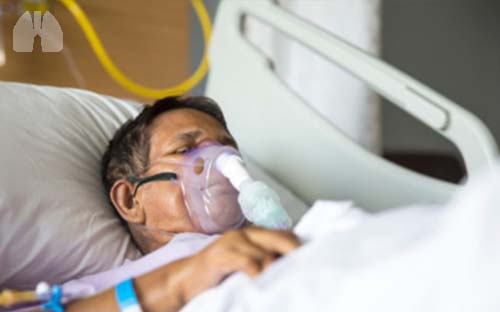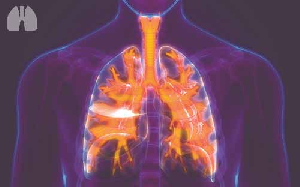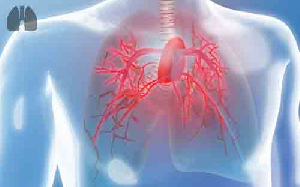
Ziqin Ng, Woo Chiao Tay, Choon Heng Benjamin Ho
European Respiratory Journal 2020; DOI: 10.1183/13993003.02571-2020
We share preliminary evidence that awake prone positioning can be a low-risk, low-cost manoeuvre which can help patients with COVID-19 pneumonia delay or reduce the need for intensive care.
We thank Huang et. al for the points raised regarding our published paper entitled “Awake prone positioning for non-intubated oxygen dependent COVID-19 pneumonia patients” (ERJ-01198-2020).
Our study aimed to provide preliminary data that prone positioning can potentially reduce the need for intensive care in patients with coronavirus disease 2019 (COVID-19) pneumonia. With global teams facing resource depletion in the face of a COVID-19 pandemic, the advent of a low-risk and low cost manoeuvre could potentially offload our healthcare burden. We left the decision to initiate oxygen therapy and prone positioning in the general ward to the attending clinician. When faced with a hypoxic patient, it would have been ideal, albeit not practical, to wait for phenotypic L or H observations before deciding on therapy. We agree with Huang et. al that patients with one phenotype may benefit more from awake prone positioning but our small series was not statistically powered to stratify the differences. In addition, the authors compared our data to the study by Young et. Al which recruited patients from January to February 2020, i.e. a different time frame from our study.
While bearing in mind that the ROX index is not validated in patients with COVID-19 pneumonia, we recognise the efforts of Huang et. al to explore the effects of prone positioning in various settings, including the use of it in patients who are on high flow nasal cannula therapy.
Awake prone positioning is gaining traction by intensive care societies as an early intervention for patients with COVID-19 pneumonia. We present our experience where awake prone positioning proved to be a logistically easy-to-execute intervention with the potential to reduce intensive care unit workload. We believe that further studies are needed to confirm our results and to evaluate its clinical relevance, which may be addressed with ongoing randomised clinical trials (NCT04347941, NCT04350723).
Footnotes
-
Conflict of interest: Dr. NG has nothing to disclose.
-
Conflict of interest: Dr. TAY has nothing to disclose.
-
Conflict of interest: Dr. HO has nothing to disclose.
- Received June 30, 2020.
- Accepted July 10, 2020.














